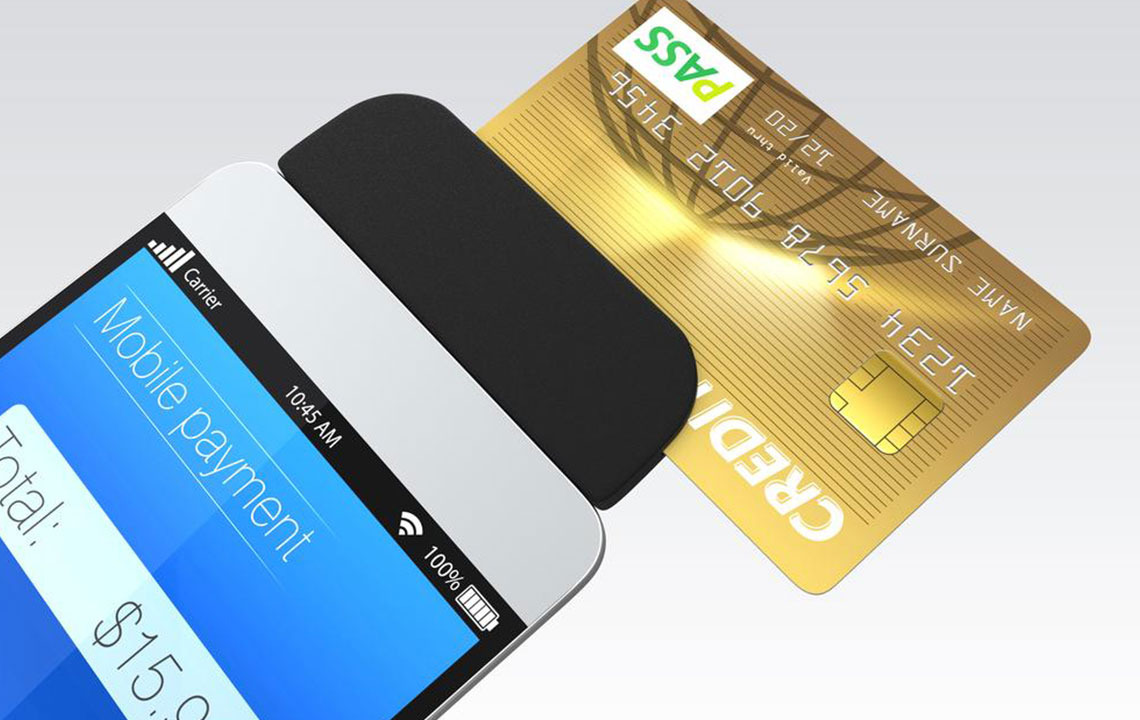Things you should know about payment processing services
A businessman has a lot of things that have to be organized and ticked off before he can run a successful business. Making arrangements for your customers to pay is not as easy as it seems, whether you have a literal store or you run an online store. Identifying the right payment processing service also takes effort and time.
A payment processor is basically a company that handles all your payment transactions, in order for your customers to be able to buy your products. The payment processing services relay information from your customer’s debit or credit card to your bank as well as the customer’s bank. Nowadays, there has been an increase in identity and credit card thefts; it is the job of the payment processing services to provide security and to keep everything in check. They also take care of accidental charges for you. But then, of course, they do not offer their services for free. For every accidental transaction, the company incurs a fee for having to transfer money from your account to the payment processor and then back to the customer’s account.
The key players involved in the whole payment processing services are:
- The customer
- The business or the merchant
- The payment processor
- The payment gateway
- The customer’s bank/credit card company
- The business’s bank
A payment processor can generally be applied to the bank, online providers and companies such as Paypal. Just like wholesale options for products, there are payment processing services as well. To make sure that you get the lowest payment options look for payment services listed under ‘interchange fees’. Typically most Visa and Mastercards are accepted by payment processors. You need to be aware of which payment processing service you go with as some of them might charge you higher fees. It is always advisable to compare different payment processing services to make a smart pick.



